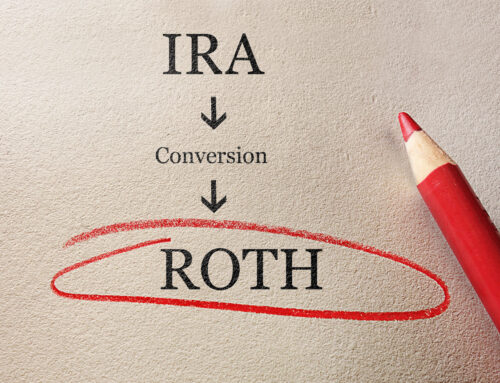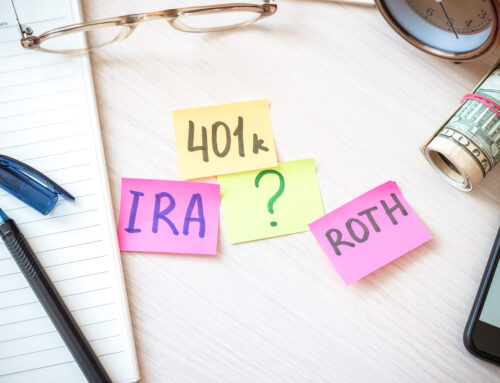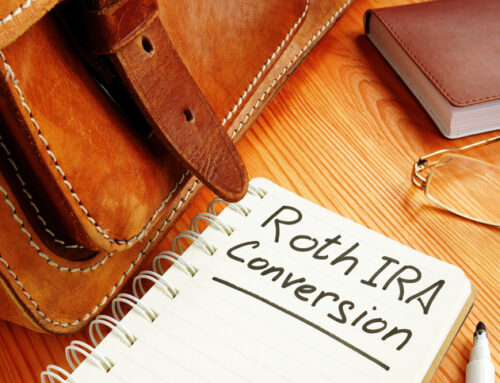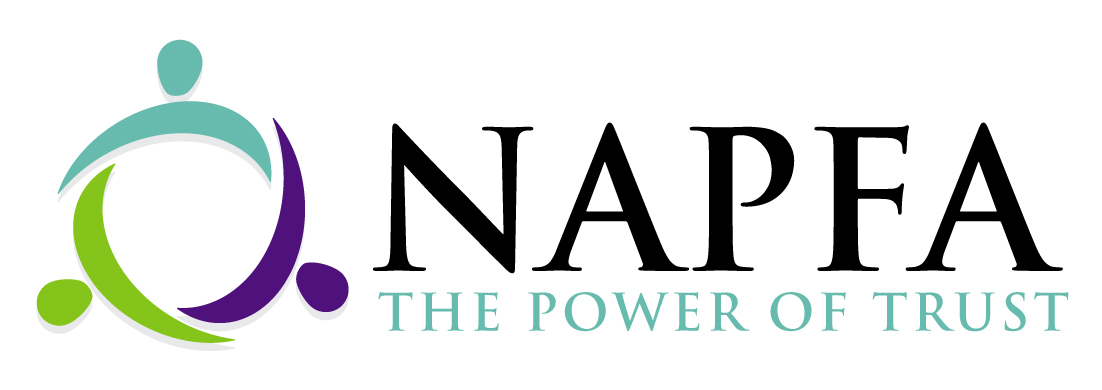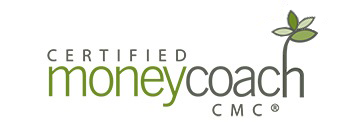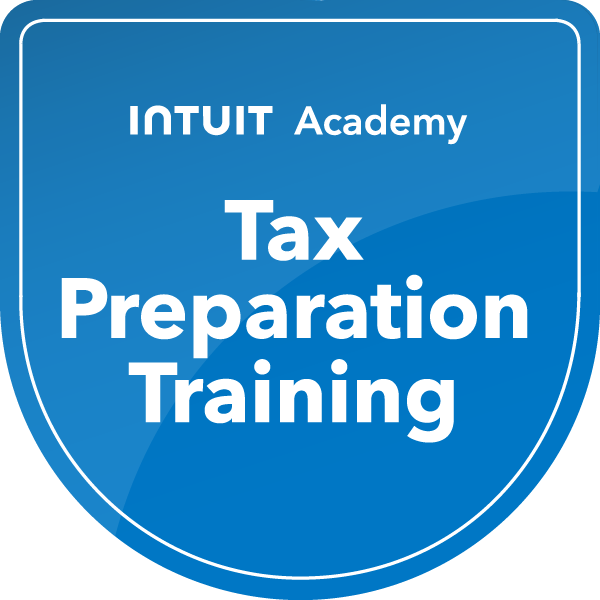Maximize Your Nest Egg with Smart, Tax-Efficient Retirement Planning
Here we will break down how different types of retirement income are taxed and share smart tax strategies that can help you preserve more of your wealth during your retirement years.
Understanding the Tax Impact on Retirement Income
- Taxable Accounts
These include individual or joint brokerage accounts and bank savings. Key tax considerations include:
- Ordinary Income Tax: Applies to interest, non-qualified dividends, and gains from the sale of assets held less than one year.
- Capital Gains Tax: Applies to qualified dividends and assets held over one year, generally taxed at lower rates.
💡 Tip: Prioritize holding long-term assets and qualified dividend-paying stocks in taxable accounts for greater tax efficiency.
- Tax-Deferred Accounts
These are your traditional IRAs, 401(k)s, and similar plans. Contributions were pre-tax, and earnings grow tax-deferred – but taxes are due upon withdrawal.
- Withdrawals taxed as ordinary income
- Required Minimum Distributions (RMDs) start at age 73, depending on your birth year.
🛑 Special Note: If you own company stock within your 401(k), consider the Net Unrealized Appreciation (NUA) strategy before rolling funds into an IRA— you could benefit from more favorable capital gains tax treatment.
- Tax-Free Accounts
Tax-free accounts provide the most flexibility in retirement:
- Roth IRA & Roth 401(k): Withdrawals are tax-free if requirements are met.
- Health Savings Accounts (HSAs): Distributions for qualified medical expenses are tax-free.
Because withdrawals don’t count toward AGI, these accounts help minimize taxes on Social Security and keep Medicare premiums lower.
Worried about future tax hikes? Roth conversions allow you to move funds from a traditional IRA into a Roth IRA and pay taxes now at potentially lower rates.
⚠️ Considerations:
- Convert gradually to avoid bumping into higher tax brackets.
- Ideal for early retirees with low taxable income.
- Invest in Tax-Efficient Assets
The right investment vehicles can further reduce your tax exposure:
- Municipal Bonds: Interest is federally tax-free and often state/local tax-free.
- Treasury Bonds: Exempt from state and local income taxes.
- ETFs vs. Mutual Funds: ETFs are generally more tax-efficient due to fewer taxable capital gains distributions.
Social Security & Medicare: Don’t Overlook These Tax Triggers
Social Security Taxes
Depending on your combined income – which includes AGI, tax-exempt interest, and half your Social Security benefits – up to 85% of your Social Security benefits may be taxable.
Medicare Premiums
Medicare Part B and D premiums are based on your MAGI from two years ago. A large withdrawal or inheritance — even if not taxable — can raise your premium tier, sometimes significantly.
Other Tax Planning Tips for Retirees
- Extra Standard Deduction: If you’re 65 or older, you’re eligible for an additional deduction on your federal return.
- State Income Taxes: Consider retiring in a state with no income tax. However, watch for states that tax pensions or annuities.
Take Control of Your Retirement Taxes
Navigating retirement taxes doesn’t have to be overwhelming. With a clear understanding of your income sources and smart tax planning, you can minimize tax liabilities and maximize your after-tax income.







